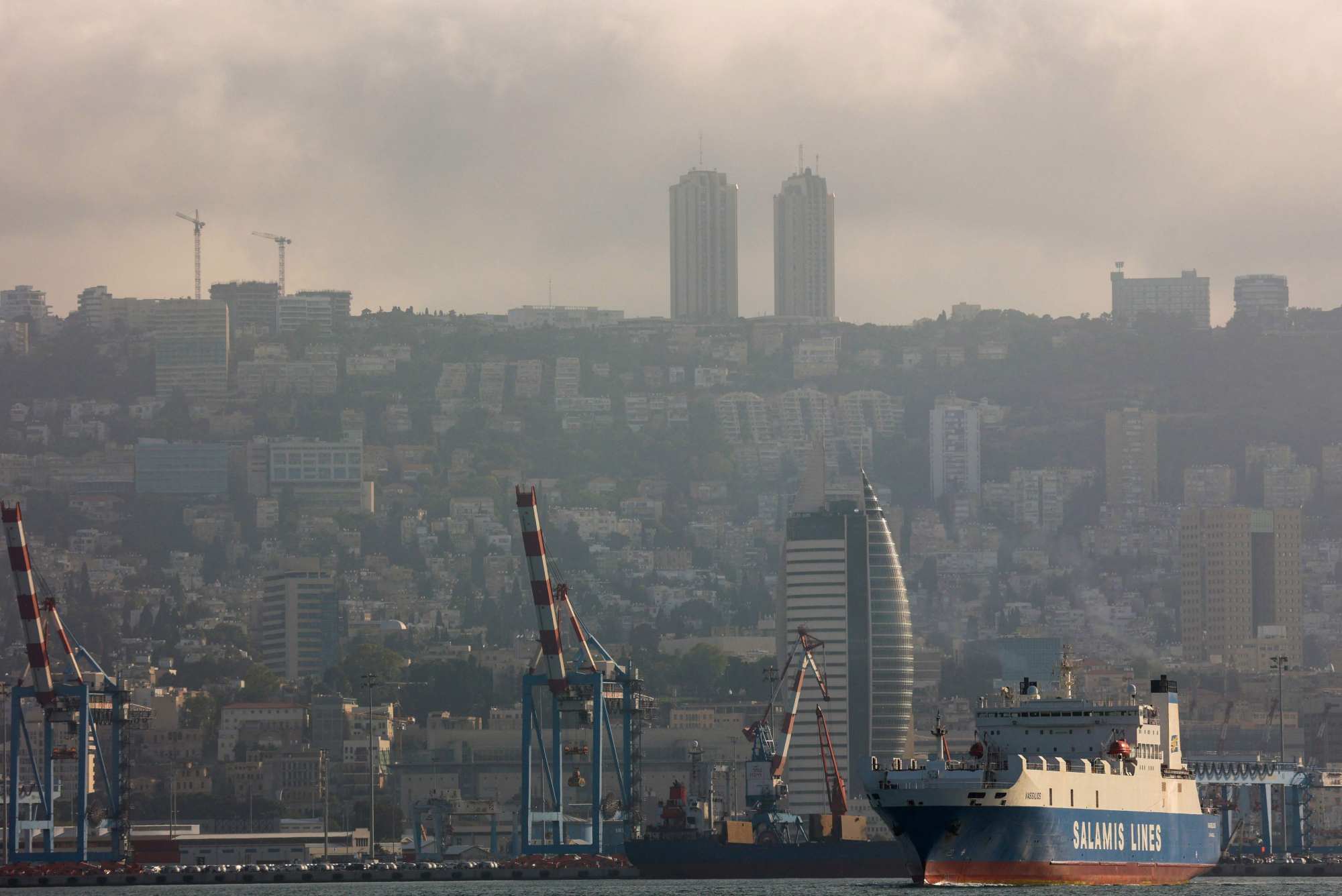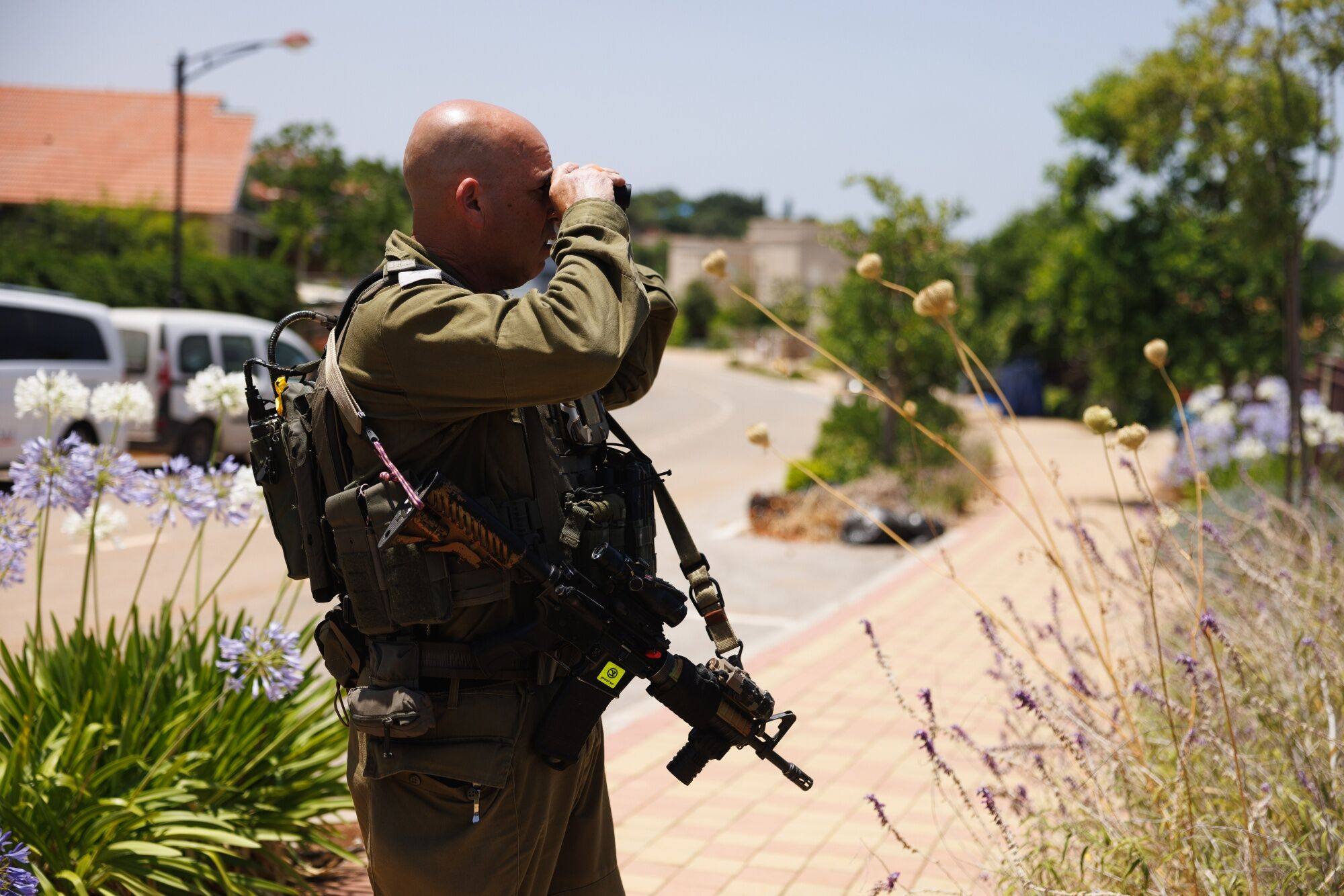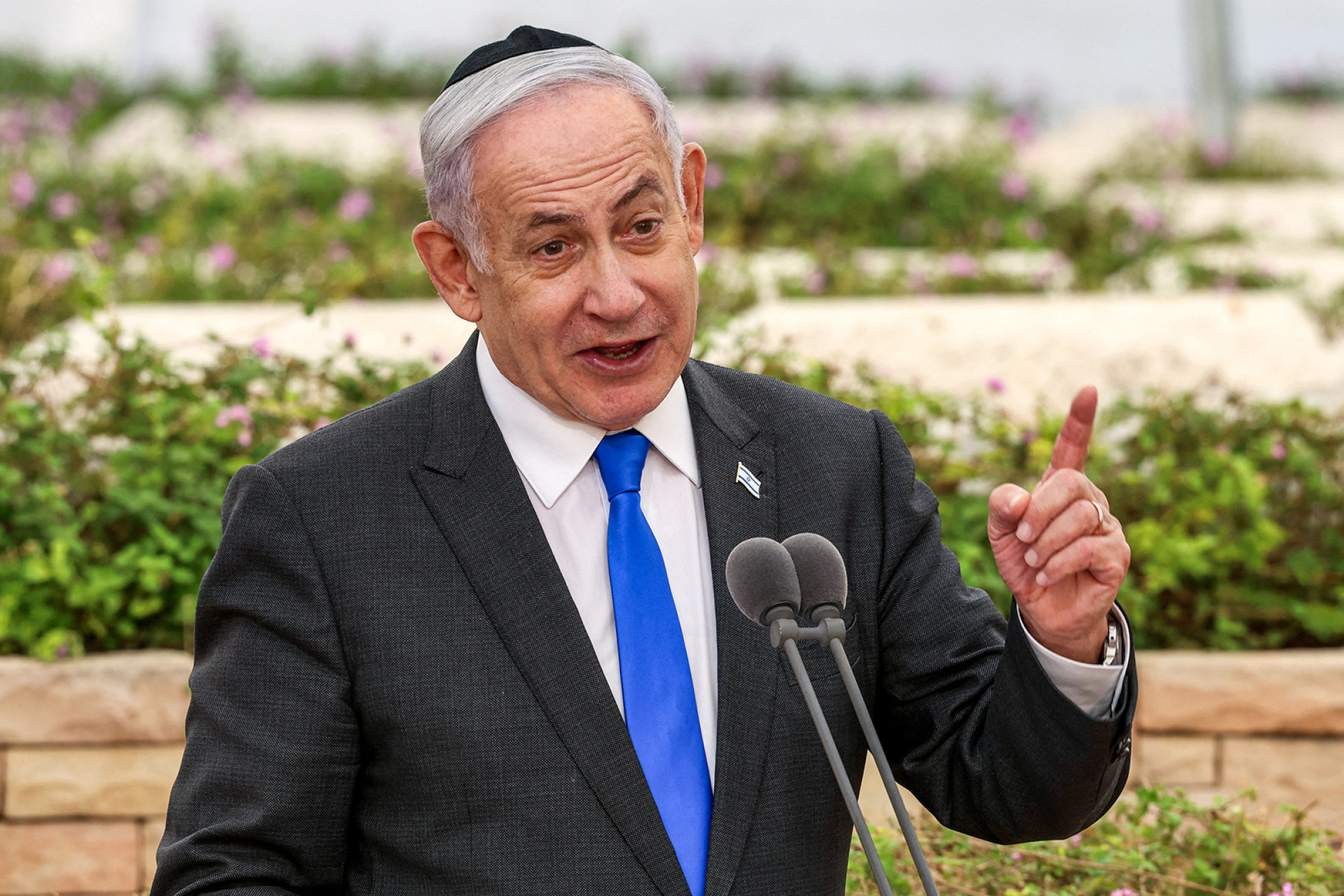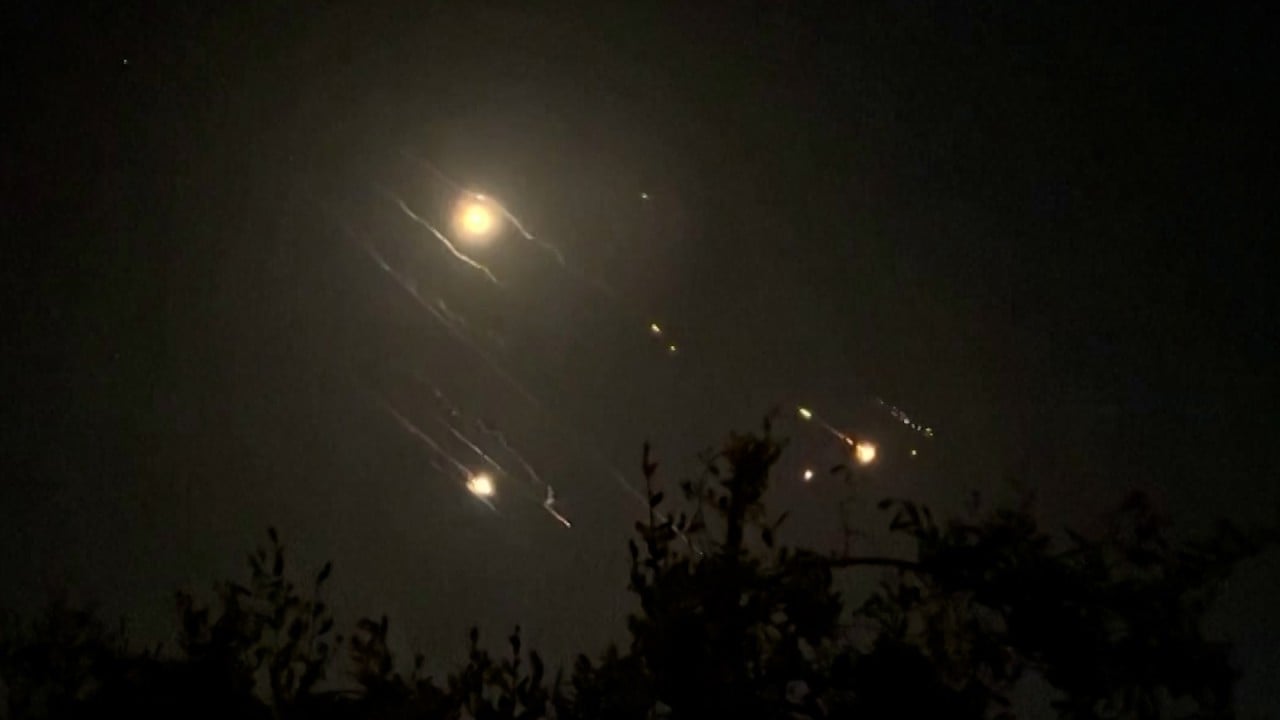Is a war between Israel and Hezbollah looming? Risky exchange of blows throws region into turmoil

But it was widely reported that US envoy Amos Hochstein delivered an Israeli ultimatum to Nabih Berri, speaker of the Lebanese parliament and a political ally of Hezbollah, at their meeting in Beirut on Tuesday.
Parallel to his visit, the Israeli military announced on Tuesday that “operational plans for an offensive in Lebanon” had been approved by senior generals.

On the same day, Hezbollah released a 10-minute video of Haifa, Israel’s main commercial port, 28 kilometers south of the Lebanese border. It said the video was filmed by a drone that evaded Israeli air defenses.
Foreign Minister Israel Katz, who was angered by the video, responded by warning Hezbollah leader Hassan Nasrallah: “We are close to deciding to change the rules of engagement against Hezbollah and Lebanon.”
“In a total war, Hezbollah will be destroyed and Lebanon will be hit hard,” Katz said on the social media platform X.
Speaking at a memorial service for a Hezbollah commander killed in an Israeli airstrike last week, Nasrallah said on Wednesday that in the event of a full-scale war, “no place” in Israel “will be spared from our rockets.”
The video, taken by a drone in Haifa port, shows that Hezbollah has already gathered the necessary intelligence to enable the group to target selected targets across Israel with precision missiles supplied from Iran, he said.
To prevent further escalation between Israel and Hezbollah, which “could escalate into a full-blown war, a profound change in the realities in Lebanon is needed,” says Nir Tuvia Boms, research fellow at the Moshe Dayan Center at Tel Aviv University.
Israel’s immediate goal is to facilitate the return of 60,000 people who were evacuated from towns and settlements near the Lebanese border last year.
“Israel cannot afford – neither psychologically nor economically – to keep so many people as internally displaced people while our borders have de facto shrunk,” Boms told This Week In Asia, adding that in the absence of other solutions, Israel is being “pushed” into an escalation of hostilities with Lebanon.
Boms said September, the start of the new school year in Israel, would “now be marked as the final deadline” for the country’s next war with Lebanon.
For a diplomatic solution to be acceptable to Israel, “we must find a new equation in Lebanon that will deter Hezbollah and not only force it to cease fire but also limit its ability to start a new war in the foreseeable future,” he said.
Meanwhile, Boms warned that “any strategic strike by Hezbollah” could trigger a war with Israel.

In response to escalating tensions, U.S. Arab allies reiterated warnings that a war between Israel and Hezbollah could quickly escalate into a region-wide war, pitting the U.S. and Israel’s other Western partners against the Lebanese group, Iran and their non-state “Axis of Resistance” militias in Syria, Iraq and Yemen.
Saudi Arabia’s ambassador to Britain, Prince Khaled bin Bandar bin Saud, on Thursday called on Israel and the international community to “recognize the impending danger.”
“A regional conflict will not remain regional, it will very quickly become international,” he told delegates at a conference in London organized by the Chatham House think tank.
Political risk analyst Giorgio Cafiero said the US could be expected to provide Israel with “iron support” in the event of a full-scale war.
While there will be opposing voices in Congress and in parts of American society, “the Biden administration and the vast majority of lawmakers on both sides of the partisan divide would support” the United States fully supporting Tel Aviv in any Israeli war against Hezbollah, he said.

There is disagreement among analysts as to whether Israel’s final decision will be determined by security needs or by Netanyahu’s often-criticized alleged strategy of prolonging the war to stay in power.
“Netanyahu’s coalition is catering to fanatical sections of Israeli society that believe the solution to the security crisis in northern Israel lies in reoccupying and annexing part of southern Lebanon and establishing settlements on that Lebanese territory,” said Cafiero, who is also CEO of Gulf States Analytics, a Washington-based political risk consultancy.
“Netanyahu’s political future depends on keeping this coalition together, and the Israeli prime minister will do whatever is necessary to preserve his own power,” he said.
However, Boms said the Israel-Hezbollah issue “goes beyond politics.”
Israel will “find a consensus to act here, but as usual not without criticism of this government, which is very polarizing,” he said.




